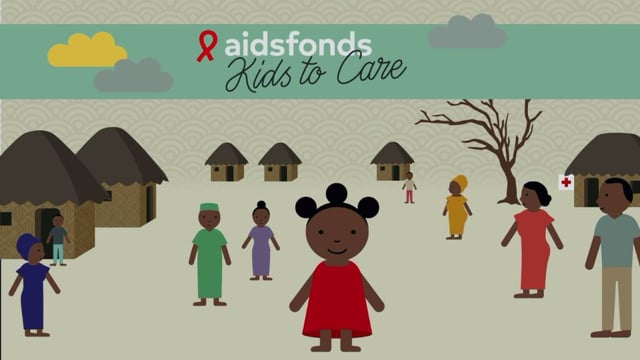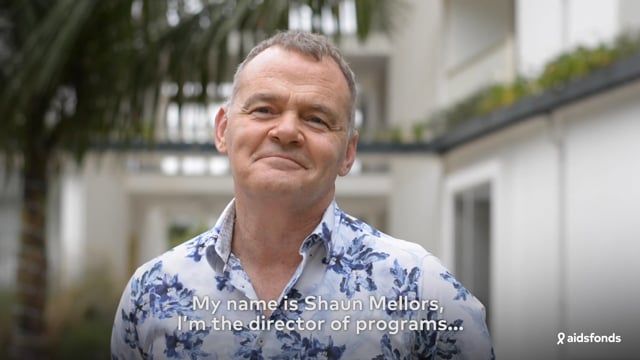
Kids Health, Kids Rights
Kids Health, Kids Rights
The new Kids Health, Kids Rights project aims to eliminate vertical transmission and ensure all children living with HIV and their mothers live healthy and full lives. It applies the Kids to Care Model by building capacity of community volunteers and community health workers. They will work jointly with support groups and households in identifying children living with HIV. Community volunteers and community health workers will be trained in vertical transmission, door-to-door testing and referral, and establish or strengthen links between the health care workers and the volunteers. The project will mobilize young mothers with children living with HIV and link them to safe spaces and support groups both for them and for the children. Young girls involved in transactional sex will be targeted as well. In this project already existing committees will target female sex workers together with their kids. The support groups will also form a crucial capital in grassroots advocacy to improve polices related to finding, testing, treating and maintaining kids living with HIV in care. The project will be implemented in Thyolo, Chiradzulu and Nkhatabay districts in Malawi.
- Children,
Read more























